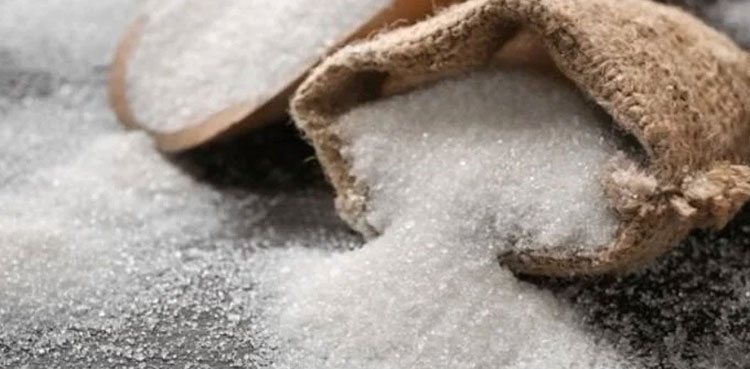Islamabad, Feb 23: Ramazan approaching, the federal government has struggled to control surging sugar prices, as rates soar to as high as Rs. 165 per kg in multiple cities. Despite repeated assurances of price stability, market forces and hoarding have led to a significant spike, putting an additional financial strain on consumers ahead of the holy month.
According to fresh data from the Pakistan Bureau of Statistics (PBS), sugar is being sold at varying rates across different cities, with Islamabad and Peshawar recording the highest price of Rs. 165 per kg. In major urban centers like Rawalpindi, Karachi, and Larkana, sugar is retailing at Rs. 160 per kg, while Lahore, Multan, and Quetta report slightly lower rates of Rs. 155 per kg.
Meanwhile, in Sialkot and Bannu, the price has climbed to Rs. 158 per kg, with Faisalabad and Khuzdar following closely at Rs. 155 per kg. The lowest reported rates come from Hyderabad and Sukkur, where sugar is being sold at Rs. 150 per kg.
The national average price has now reached Rs. 155.27 per kg, reflecting a worrying trend that may worsen as demand spikes during Ramazan. Industry insiders suggest that opportunistic market players, often referred to as the “sugar mafia,” have been manipulating supply chains to artificially drive up prices. With no immediate intervention, further hikes are anticipated, exacerbating inflationary pressures on households already facing economic challenges.
Despite government warnings against hoarding and profiteering, enforcement measures have so far failed to bring any significant relief. Consumer advocacy groups and economic analysts argue that unless strict action is taken against market manipulators, the pre-Ramazan price surge will continue unchecked, making essential commodities even less affordable for the common citizen.
